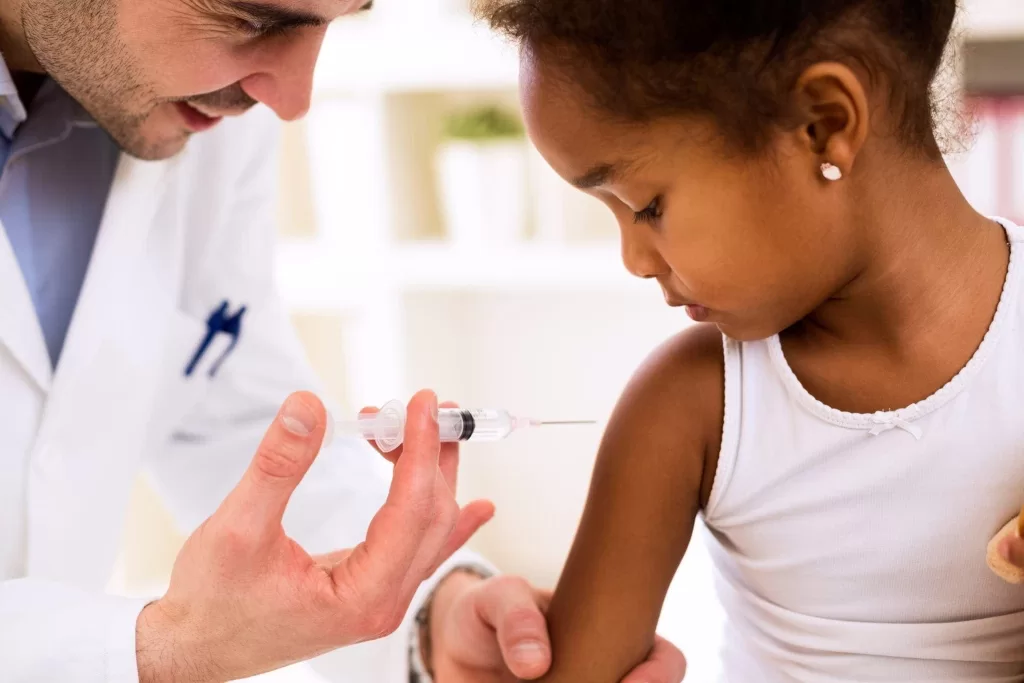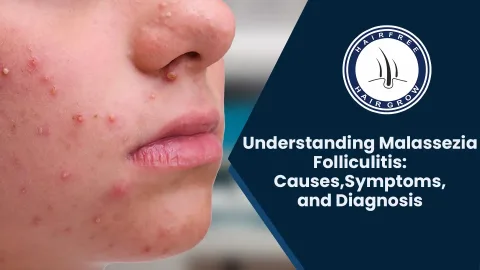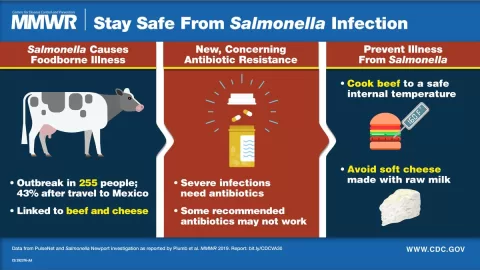Childhood vaccination is a critical component of public health that protects children from serious diseases like measles, mumps, and rubella, collectively known as the MMR vaccine. A recent Annenberg Poll revealed that an overwhelming 87% of Americans believe the benefits of childhood vaccination significantly outweigh any associated risks. In 2025, the U.S. is bracing for a potentially alarming rise in measles cases, the highest since the disease was declared eliminated in 2000, due to low vaccination rates. With over 1,000 confirmed cases and ongoing measles outbreaks, it is essential for vaccination awareness to grow to protect vulnerable populations. Vaccine safety remains a key concern for many, but understanding the importance of the MMR vaccine is vital in preventing future public health crises.
Immunization during early childhood plays a vital role in safeguarding future generations from infectious diseases. Vaccines, particularly those targeting measles, mumps, and rubella, are crucial in maintaining the health of the community and preventing widespread outbreaks. With increasing data on public perception and the critical need for vaccination, it’s evident that educational initiatives must broaden to address misconceptions regarding vaccine safety. The rising number of infections serves as a stark reminder of the importance of maintaining high vaccination rates among children. Efforts to promote alternative health measures need to be evaluated in the context of their effectiveness compared to established vaccinations.
Understanding the Importance of Childhood Vaccination
Childhood vaccination plays a critical role in protecting children from preventable diseases, particularly the measles, mumps, and rubella (MMR) vaccine. According to a recent Annenberg Poll, 87% of Americans acknowledge that the benefits of childhood vaccination outweigh the risks involved. This statistic illustrates a growing awareness of vaccination’s role in public health. The measles virus can lead to severe complications, and vaccination is the most effective way to ensure herd immunity and protect vulnerable populations who cannot be vaccinated.
Furthermore, the alarming rise in reported measles cases highlights the urgency of timely vaccinations. As communities in the United States experience outbreaks, primarily due to under-vaccination, it is crucial for parents to prioritize obtaining MMR vaccines for their children. With 2025 projected to witness a surge in measles cases, promoting vaccination awareness becomes essential to safeguard public health and prevent a resurgence of this once-eradicated disease.
Addressing Vaccine Safety Concerns
Despite the overwhelming evidence supporting vaccine safety, some parents still harbor skepticism regarding their children’s vaccinations. The Annenberg Poll reveals that while 67% of respondents are aware that the MMR vaccine does not cause autism, a significant portion of the population remains uninformed about vaccine safety. Misconceptions and misinformation about vaccines can hinder widespread vaccination efforts, leading to increased susceptibility within communities.
Educating parents about vaccine safety is vital. Health professionals must engage in open discussions to counter misinformation and provide parents with credible scientific data. By fostering a well-informed public, we can alleviate fears and misconceptions about vaccine-related risks. This effort would not only help to increase MMR vaccination rates but also contribute to the reduction of measles outbreaks.
The Consequences of Misinformation on Vaccination
Misinformation regarding childhood vaccinations has escalated into a significant public health issue. The recent measles outbreaks in the United States and Canada serve as warnings about the dangers of losing herd immunity due to vaccine hesitancy. The Annenberg Poll indicates mixed opinions on the vaccination debate, including a concerning belief in alternative treatments advocated by various influencers, which lack scientific support. Many individuals mistakenly believe in the efficacy of vitamins like A and D for measles prevention.
Highlighting the facts around effective treatments and clearly communicating the dangers of misinformation are essential steps toward protecting public health. Communities must prioritize educating parents on the proven efficacy of vaccines over unverified alternative treatments. Combating misinformation also requires collaboration among public health officials, healthcare providers, and the media.
Measles Outbreak Trends and Public Response
As the United States braces for potentially the highest number of measles cases since its eradication in 2000, public health officials remain on high alert. The Annenberg Poll reflects a concerning trend: while many Americans recognize the urgency of vaccination, awareness of current outbreak rates appears limited. Only 58% of adults believe there are more measles cases in 2025 compared to the previous year, highlighting a disconnect between public perception and reality.
Strategies to boost vaccination rates must adapt to these trends, focusing on increasing the visibility of vaccination campaigns and outbreak information. Engaging community leaders and utilizing social media platforms could serve as effective methods to amplify public health messages and encourage parents to prioritize childhood vaccinations. Continual public education will be essential in reversing the downward trajectory of vaccination coverage.
The Role of Public Health Campaigns in Vaccination Awareness
Public health campaigns are crucial in disseminating accurate information about the benefits and importance of childhood vaccinations, particularly during outbreaks. As illustrated by the recent Annenberg Poll, more Americans are recognizing the need for MMR vaccinations to combat the rise of measles cases. These campaigns help bridge the gap between scientific knowledge and public perception, helping to cultivate a culture of trust in vaccines.
Building effective public health campaigns requires collaboration across multiple sectors, including healthcare providers, governmental agencies, and community organizations. By leveraging various communication strategies, these campaigns can reach diverse populations and encourage broader support for mandatory vaccination policies, ultimately resulting in safer communities and robust vaccination awareness.
Comparative Analysis of Vaccine Mandates
Support for mandating MMR vaccines is on the rise, with 80% of respondents from the Annenberg Poll endorsing vaccination as a requirement for public school entry. This positive shift indicates growing public acceptance of vaccination mandates, which are essential for achieving herd immunity. Such policies are becoming increasingly necessary to protect the most vulnerable populations, including infants who are too young to be vaccinated and individuals with immune deficiencies.
Examining vaccine mandates in various states reveals differing levels of acceptance and implementation. Some states have already established strict vaccine requirements, while others face robust opposition. This disparity highlights the need for continued advocacy for uniform vaccination laws, paving the way for a healthier society and minimizing the likelihood of measles outbreaks.
Community Immunity: The Importance of Herd Immunity
Herd immunity plays a pivotal role in protecting communities from vaccine-preventable diseases, including measles. When a significant portion of the population is vaccinated, those who cannot be vaccinated are also safeguarded from outbreaks. The recent Annenberg Poll underscores the importance of promoting childhood vaccination to maintain herd immunity, especially as the number of confirmed measles cases surges.
Protecting herd immunity necessitates a strong commitment from both individuals and public health initiatives. Parents must prioritize vaccinating their children, while communities and health professionals play proactive roles in spreading awareness about vaccination benefits. Maintaining high vaccination rates is crucial to preventing the re-emergence of diseases that were once thought contained.
Addressing Pregnancy Complications Related to Measles
The risks associated with measles infection during pregnancy highlight the need for robust vaccination practices. According to the Annenberg Poll, many respondents displayed a lack of understanding regarding the potential complications of measles for pregnant women. Approximately 57% of adults expressed uncertainty about the potential risks, indicating a significant gap in public knowledge about serious complications, such as preterm delivery and low birth weight.
Educating expectant mothers on the importance of measles vaccination is essential not only to protect their health but also the health of their unborn child. Reinforcing that the MMR vaccine is safe during pregnancy can significantly decrease the likelihood of complications associated with measles, ultimately leading to better outcomes for both mothers and infants.
The Global Context of Measles Outbreaks
Measles outbreaks are not confined to the United States; they have become a global challenge, with Canada reporting significant cases as well. The interconnectivity of today’s world means that outbreaks can swiftly cross borders, requiring collaborative international public health strategies. Health agencies must work together to monitor and address measles cases globally, ensuring that countries can effectively manage vaccination efforts and outbreak responses.
Moreover, the response to measles outbreaks should emphasize the need for maintaining high vaccine coverage worldwide. Global cooperation among health organizations can usher in innovative vaccination strategies, ensuring that communities are immunized against preventable diseases like measles. A united front in combating these outbreaks is critical for safeguarding public health globally.
Frequently Asked Questions
What is the MMR vaccine and why is it important for childhood vaccination?
The MMR vaccine protects against measles, mumps, and rubella, three highly contagious diseases. This childhood vaccination is crucial because it not only protects the vaccinated child but also helps prevent outbreaks in the community, significantly contributing to public health.
What are the benefits of childhood vaccination against measles?
Childhood vaccination against measles provides numerous benefits, including immunity from a potentially deadly disease, reduction in healthcare costs due to fewer outbreaks, and herd immunity that protects those who cannot be vaccinated due to medical reasons.
How does the MMR vaccine impact public health?
The MMR vaccine plays a vital role in public health by preventing measles outbreaks, reducing complications associated with the disease, and contributing to the overall decrease in infectious diseases, resulting in healthier communities.
Are there any risks associated with the MMR vaccine?
While the MMR vaccine is generally safe, some children may experience mild side effects like fever or rash. However, the benefits greatly outweigh the risks, especially considering that serious complications from measles can include hospitalization and, in rare cases, death.
What is the current state of measles outbreaks in the United States and Canada?
As of 2025, the U.S. is experiencing a significant measles outbreak, with over 1,000 confirmed cases due to low vaccination rates in some communities. Canada is also facing a serious outbreak, with nearly 1,850 cases reported, primarily in Ontario and Alberta.
What should parents know about vaccination awareness and measles complications?
Parents need to be aware that measles can lead to serious complications, especially in pregnant women. Complications can include hospitalization and delivery issues, which underscores the importance of childhood vaccination to prevent these outcomes.
Is vitamin A effective in treating measles, as some claim?
Despite claims made by some public figures, there is no scientific evidence to support the use of vitamin A or cod liver oil as effective treatments for measles. Vaccination remains the best prevention method.
Why is support for mandating the MMR vaccine increasing for school entry?
Support for mandating the MMR vaccination for school entry is increasing, with 80% of adults in a recent poll advocating for it. This reflects growing awareness of vaccine importance in preventing outbreaks and protecting public health.
What are the consequences of not vaccinating children against measles?
Choosing not to vaccinate against measles can lead to serious health risks, including widespread outbreaks, increased hospitalization rates, and even fatalities, particularly in vulnerable populations.
How can parents enhance their understanding of vaccine safety and efficacy?
Parents can enhance their understanding of vaccine safety and efficacy by consulting healthcare professionals, reviewing credible health resources, and engaging in community vaccination awareness programs.
| Key Point | Details |
|---|---|
| Public Opinion on Vaccination | 87% of Americans believe MMR vaccine benefits outweigh risks. |
| Awareness of Autism Link | 67% are aware that MMR vaccines do not cause autism. |
| Current Measles Cases in 2025 | Over 1,000 confirmed cases, with a potential rise to the highest since 2000. |
| Support for MMR Vaccine Mandate | 80% support mandatory MMR vaccination for public school entry. |
| Knowledge of Measles Complications | Only 13% correctly estimate hospitalization risk for measles patients. |
| Alternative Treatments | 46%-47% doubt the efficacy of vitamin A and D for measles. |
| Measles Outbreak in Canada | 346 new cases reported; total cases in Canada at 1,846. |
Summary
Childhood vaccination is crucial in preventing outbreaks of diseases like measles, mumps, and rubella. As recent data indicates, public awareness and support for childhood vaccinations, particularly against MMR, continues to grow, with significant numbers acknowledging the substantial benefits outweighing the risks associated with the vaccine. With rising cases of measles in the U.S. and neighboring Canada, the importance of childhood vaccination cannot be overstated. Ensuring vaccinations are taken will protect communities and prevent the resurgence of preventable diseases.
The content provided on this blog (e.g., symptom descriptions, health tips, or general advice) is for informational purposes only and is not a substitute for professional medical advice, diagnosis, or treatment. Always seek the guidance of your physician or other qualified healthcare provider with any questions you may have regarding a medical condition. Never disregard professional medical advice or delay seeking it because of something you have read on this website. If you believe you may have a medical emergency, call your doctor or emergency services immediately. Reliance on any information provided by this blog is solely at your own risk.








